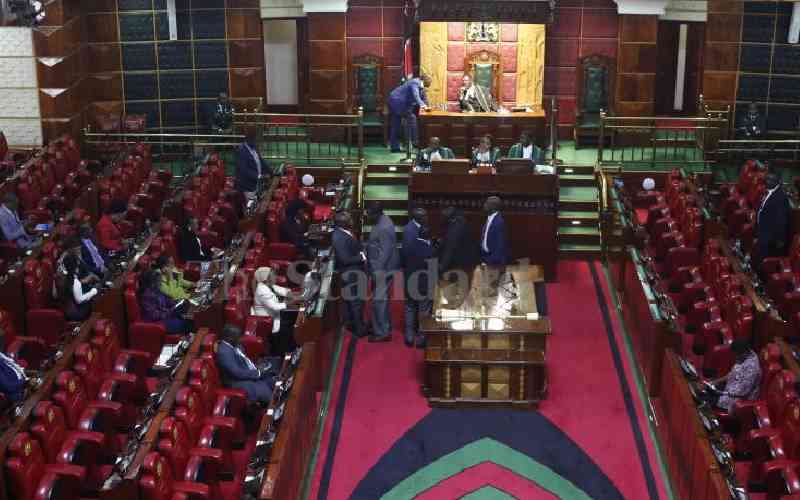×
The Standard e-Paper
Kenya’s Boldest Voice

The National Assembly has passed Finance Bill, 2023 report in the Second Reading stage.
Out of the 257 Members of Parliament who took part in the voting, 176 MPs voted in favour while 81 opposed the report. No lawmaker abstained from the voting.